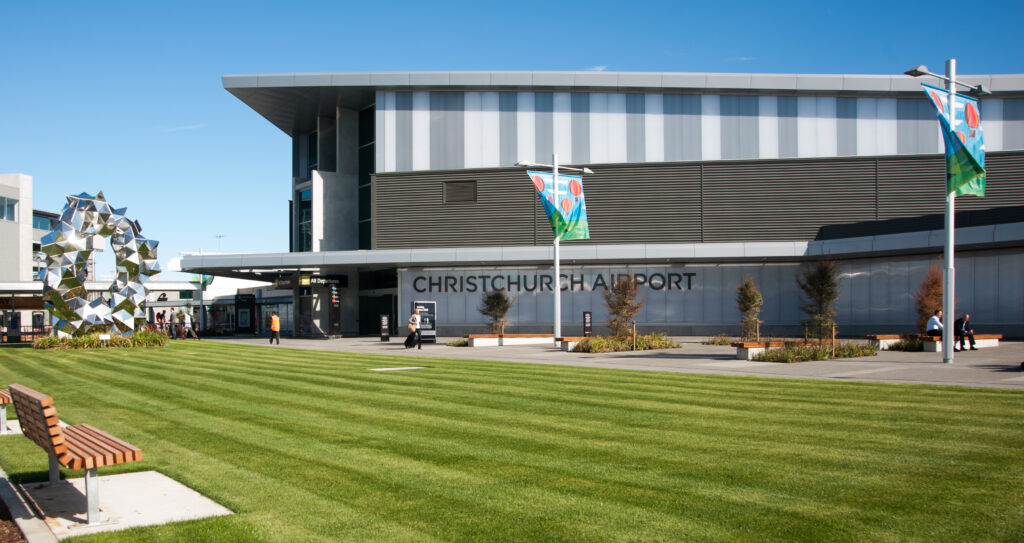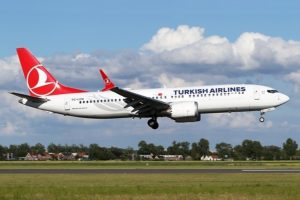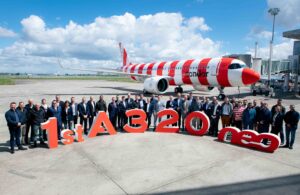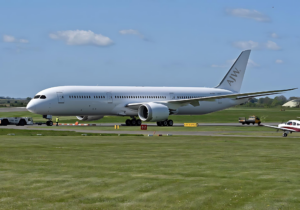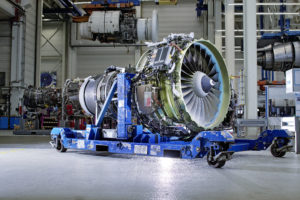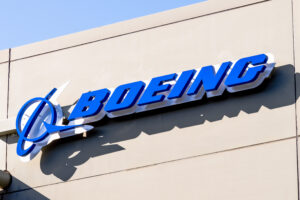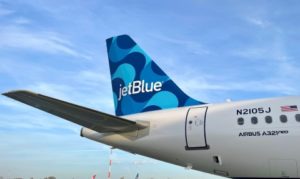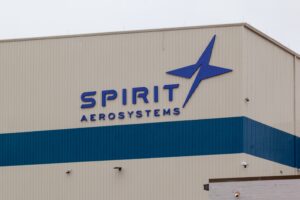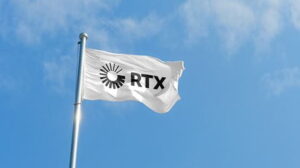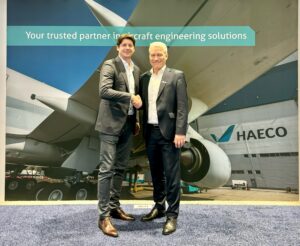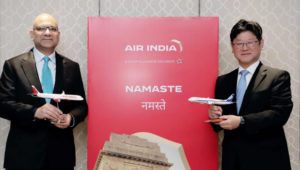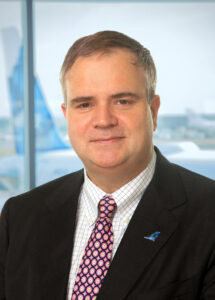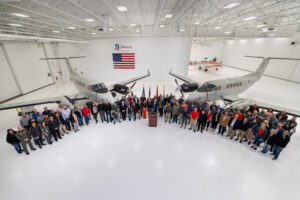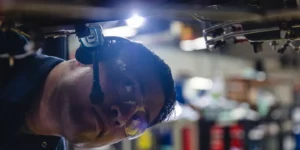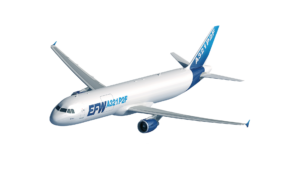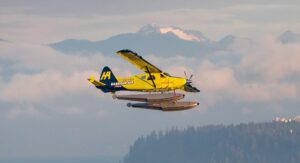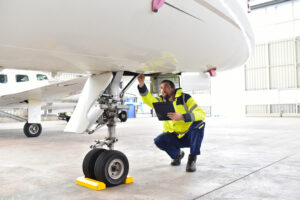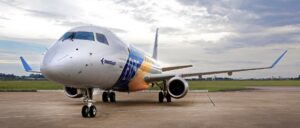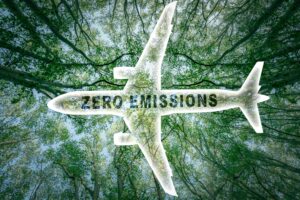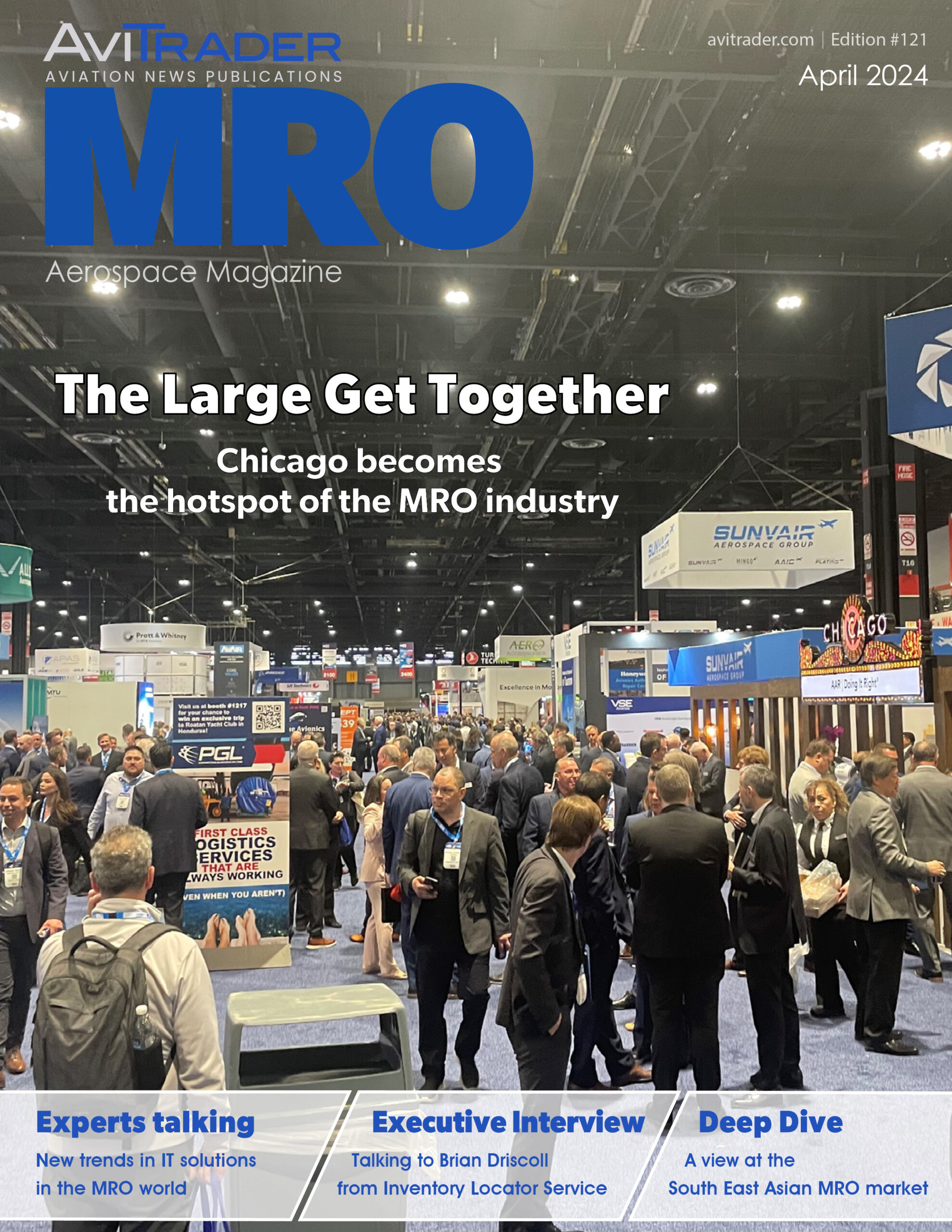The Hydrogen Consortium’s vision is to support the country to pioneer the commercial deployment of green hydrogen-powered aircraft.
The partners are international aerospace leader Airbus, global green energy company Fortescue Future Industries (FFI), leading world airline Air New Zealand, next-generation energy company Hiringa Energy, liquid hydrogen solution pioneers Fabrum and New Zealand’s Christchurch Airport.
The Hydrogen Consortium was launched at Christchurch Airport, which is developing a 400-hectare renewable energy precinct called Kowhai Park.
Airbus is working to develop and put into service the world’s first hydrogen-powered commercial passenger aircraft by 2035. In close cooperation with its partners, Airbus will factor in aviation’s requirement for hydrogen in New Zealand. Using its hydrogen hubs at airports concept, Airbus will engage with aviation and non-aviation players to perform a complete assessment of energy supply needs to enable the operation of hydrogen-powered aircraft.
Over the next six months the partners will work together to design a hydrogen ecosystem for aviation in New Zealand. The first phase will focus on research, which will be completed by the end of 2023. The consortium will develop a vision for hydrogen aviation in New Zealand, examine the hydrogen supply chain and its challenges, assess the local aviation market’s projected hydrogen needs to 2050 and develop a pathway of policies, regulations and incentives to promote the development of hydrogen aviation.
The second phase will focus on whether hydrogen aircraft test flights can be held in New Zealand. Air New Zealand has two ambitious goals – to fly its first commercial demonstrator flight from 2026 and begin replacing its Q300 Turboprop fleet from 2030 with low emission aircraft. The airline’s Chief Sustainability Officer Kiri Hannifin said the consortium’s work will be important to Air New Zealand achieving those ambitions.

